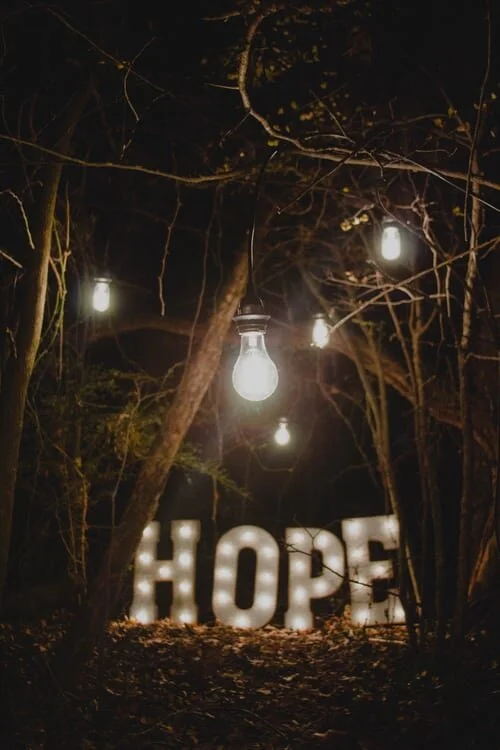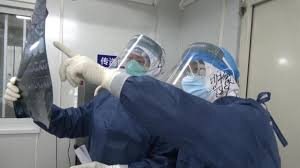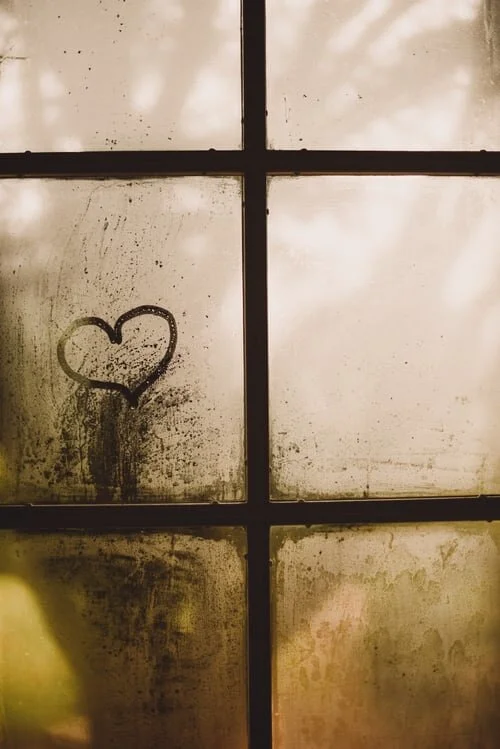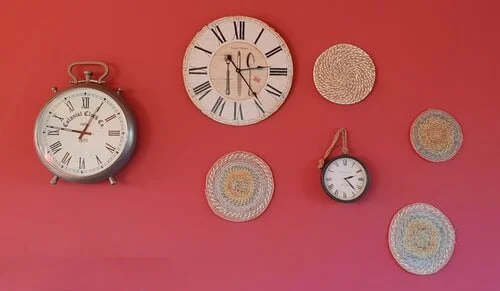A Reason To Cling To Hope In The Time Of COVID_19.
When disasters strike without warning those experiences we endure during the calamity may never really end.
There is no doubt that this pandemic will eventually disappear, only this time the future will not be anything like the past. Our ways of seeing, our priorities, beliefs and plans will be nothing like they were just 100 days ago. I watch from afar as this catastrophe unfolds across the globe secure in a villa in Bali far from the madding crowd.
However, even this tropical paradise is not immune to the unwelcome presence of the microscopic COVID – 19.
The once-bustling streets are now empty; shops, restaurants and offices shuttered the shopkeepers defeated by an invisible invader. Here the economy, the priorities, and perceptions will not be what they were at the beginning of 2020. Hotels, restaurants, and in fact, most industries have reluctantly laid off loyal staff who have returned to their villages like small vessels sheltering from a violent storm.
Bali, like the rest of the world, is experiencing a crisis or an emergency, two words now so beloved by the mainstream media. Interestingly, the medical terminology for the word “crisis” means crossroads which is when a patient reaches a point whether he or she recovers or dies.
“Emergency” emanates from the word “emerge” which, loosely translated means torpedoed from a state of ‘normal’ and then trying to find one’s way back. We have reached that particular crossroad and know that we have emerged from a state of what we use to refer to as typical given that everyday ‘normal’ situations have, in just a few weeks turned upside down.
Suddenly, our focus has shifted, and with this shift will inevitably come change. Mass change can only occur when events beyond our control sweep through our lives and begin to control us rather than the other way around. What brings this into sharp relief is that the media is awash with stories of our mortality forcing us to dwell on the fragility and preciousness of life. We have been propelled into a world where, in the not too distant future we will have to adjust to new social and economic changes and prepare ourselves for a society, unlike the one we knew before.
Hopefully, this moment in time, this moment of overwhelming change will make us see clearer those everyday systems that for decades we have become used to, be it economic, social, ecological or political.
What was before will no longer be the case.
We will begin to recognise what was strong and what was weak, what was corrupt, what was perceived to be essential and now isn’t. When this crisis ends it will be like the end of winter when frozen streams, brooks and rivers begin to flow again allowing the water to move freely so that boats can once again navigate areas that were impassable during the winter freeze.
The status quo restored to its equilibrium?
I don’t think so.
This time around the status quo has been upended, but many will strive to try and preserve or re-establish it, blatantly pushing it, rather than human life to the forefront.
Many will see it as an opportunity for further self-gain.
At the beginning of the outbreak, the cry from conservative US citizens and corporate fat cats went out urging everyone to go back to work. By making this supreme sacrifice, they told us, the loss of life was a small price to pay for keeping the stock market buoyant.
The sad thing is that during a crisis, those in power will do their damndest to seize even more power – as they are doing right now. Trump’s Department of Justice is actively looking at suspending constitutional rights. The rich seek more riches as demonstrated when two Republican senators used their privileged inside information about the coming pandemic to sell their most vulnerable stocks.
Brazil’s rightwing president, Jair Bolsonaro, was derided by the leader of the opposition, saying, “He represents the most perverse economic interests and couldn’t care less about people’s lives. He’s worried about maintaining their profitability”.
Trump backers, Richard and Liz Uihlein, who own and operate the Uihlein Corporation recently sent out a decree to their employees that read; “Please do NOT tell your peers about any symptoms you may have & keep your assumptions to yourself as by doing so you are causing unnecessary panic and stress in the office.”
Not to be outdone, the chairman of payroll processing corporation, Paychex, Tom Golisano said in an interview, “The damages of keeping the economy closed could be worse than losing a few people.”.
In good times and bad, there have always been titans of industry who cherished profit over their workers. The textile giants in Britain’s Victorian-era worked children to death in inhumane workhouses or the coal barons who put labourers in mortal danger by sending them down unsafe coal mines.
Even when this virus struck, uncaring profit merchants pressed on with fossil fuel extraction and continued to pollute the skies despite what they knew or refused to recognise, about climate change. Climate change has been seen as an annoyance and an impediment to progress with science being the stuff of left-wing activists.
“This denial of science and critical thinking among religious ultraconservatives now haunt the American response to the coronavirus crisis” ( Katherine Stewart in the New York Times.)
Wealth has always meant that it is easy to buy your way out of living a life less fortunate with the belief that you can disassociate from society at large. Still, COVID – 19 does not discriminate, meaning rich and poor, kings and paupers alike are equally at risk.
Many governments showed little appetite to recognise and tackle the ominous threat of the pandemic, especially in the US, the UK, Brazil and scores of other countries. They failed in one of their most important tasks and from here on in, denying that failure will be a crucial response to any criticism.
And while it may be inevitable that the pandemic will result in an economic crash affecting billions, it has created an opportunity or a vacuum for further authoritarian power grabs in the Philippines, Hungary, Israel and the US which is a sobering thought.
Hope, however, means we may soon be on par with those who have survived a terrible accident or recovered from a severe illness who then tend to see where they were and where they should be going now that they were granted a ‘second chance.’
Hope has suddenly encouraged us to see things in a different light. We isolate ourselves to protect each other have sought ways to help others less fortunate, albeit from a distance. We marvel at those in ‘lockdown’ emerge each night to applaud the tireless health workers. We now respect more those who produce our food, who staff the essential grocery stores, who keep the vital supply chains functioning. Yesterday it seems we took those services for granted.
Hope offers us the clarity to weather the uncertainty that lies ahead, and it is a beautiful thing to embrace.
Bali. April 2020













